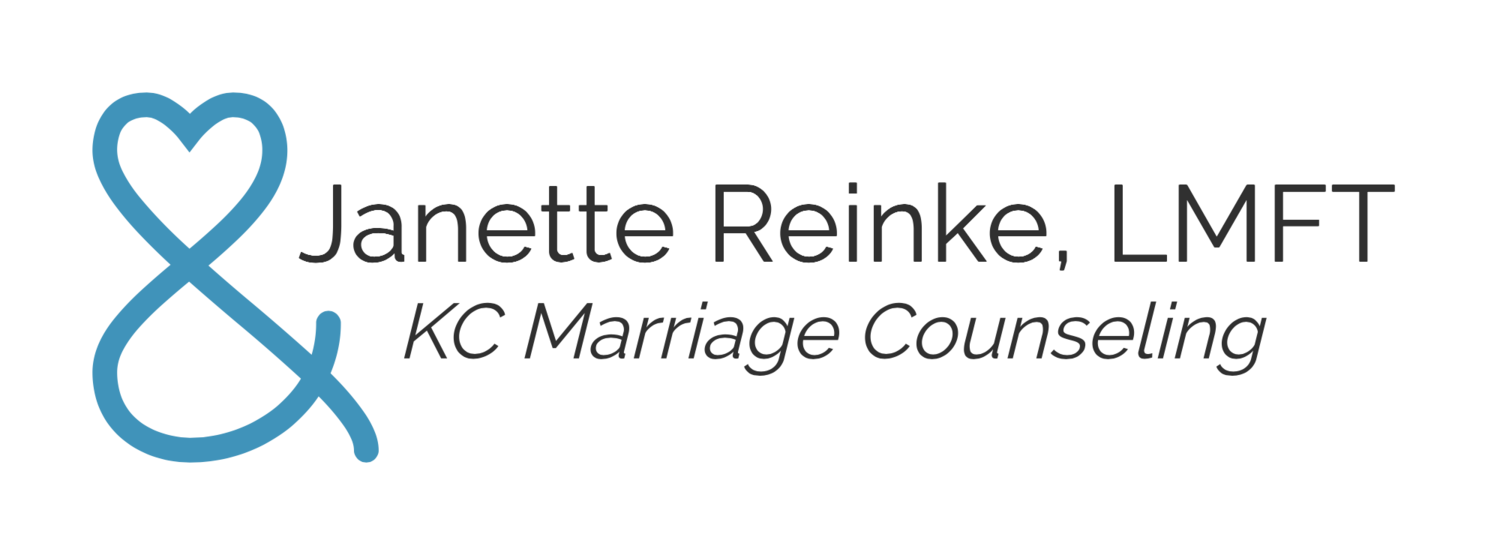Bipolar Disorder & ADHD
It is very common for ADHD to co-exist with another psychiatric disorder such as depression, anxiety or bipolar disorder. Some researchers estimate that up to 20% of people diagnosed with ADHD/ADD also have bipolar disorder.
It is also possible that bipolar disorder is misdiagnosed as ADHD, or vice versa. It is vitally important to figure out it the problems are symptoms of bipolar disorder, ADHD or both, as the answer to that question will decide what direction treatment will take.
The problem with figuring out whether the issue is bipolar disorder, ADHD/ADD or both is that the symptoms overlap - and many times, look very similar.
Similar symptoms include:
- mood instability
- bursts of energy and restlessness
- talkativeness
- impulsiveness
- impatience
Getting the right diagnosis
The biggest clue to figuring out the right diagnosis is that people with bipolar disorder generally experience periods of being symptom free. People with ADHD have the symptoms all of the time.
Other factors to help get the right diagnosis include:
- Age of onset - people with ADHD have had symptoms since childhood. Bipolar disorder is considered rare in children and not usually seen until later adolescence.
- Mood triggers - People with ADHD/ADD can have mood shifts due to happy events, or unhappy events. People with bipolar disorder generally have mood shifts that are unrelated to life events.
- Duration and how quickly one's mood shifts - Mood changes in people with ADHD are generally quick and are short lasting - hours. By definition, according to the DSM-IV, mood changes must last for at least two weeks.
Treatment of Bipolar Disorder and ADHD
If you have both ADHD and bipolar disorder, treatment can be very effective at helping you to manage your symptoms and have a productive, functional, and good life. Effective treatment involves treating the bipolar disorder first - stabilize the mood first. Then, the ADHD can be treated. I can help you with both.




